Sam Haselby
Senior Editor, Aeon+Psyche
Sam is a historian of early America with a particular interest in religion and politics. He was a Junior Fellow at the Harvard Society of Fellows and has been a faculty member at the American University of Beirut, the American University in Cairo and at Columbia University in New York City. He was a Senior Executive Producer at Al Jazeera America and is the author of The Origins of American Religious Nationalism (paperback, 2016). @samhaselby
Written by Sam Haselby
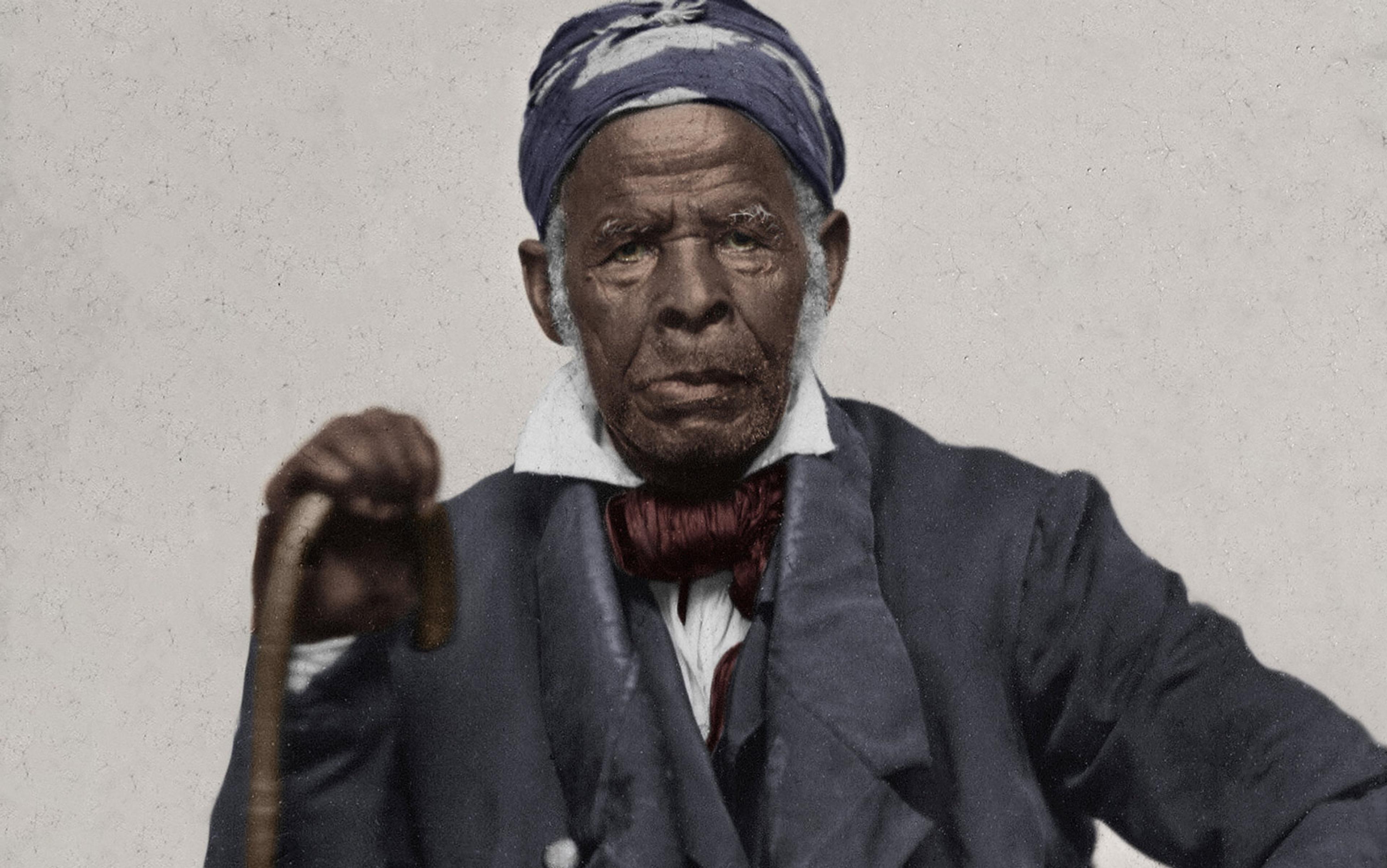
essayHistory
Muslims of early America
Muslims came to America more than a century before Protestants, and in great numbers. How was their history forgotten?
Sam Haselby
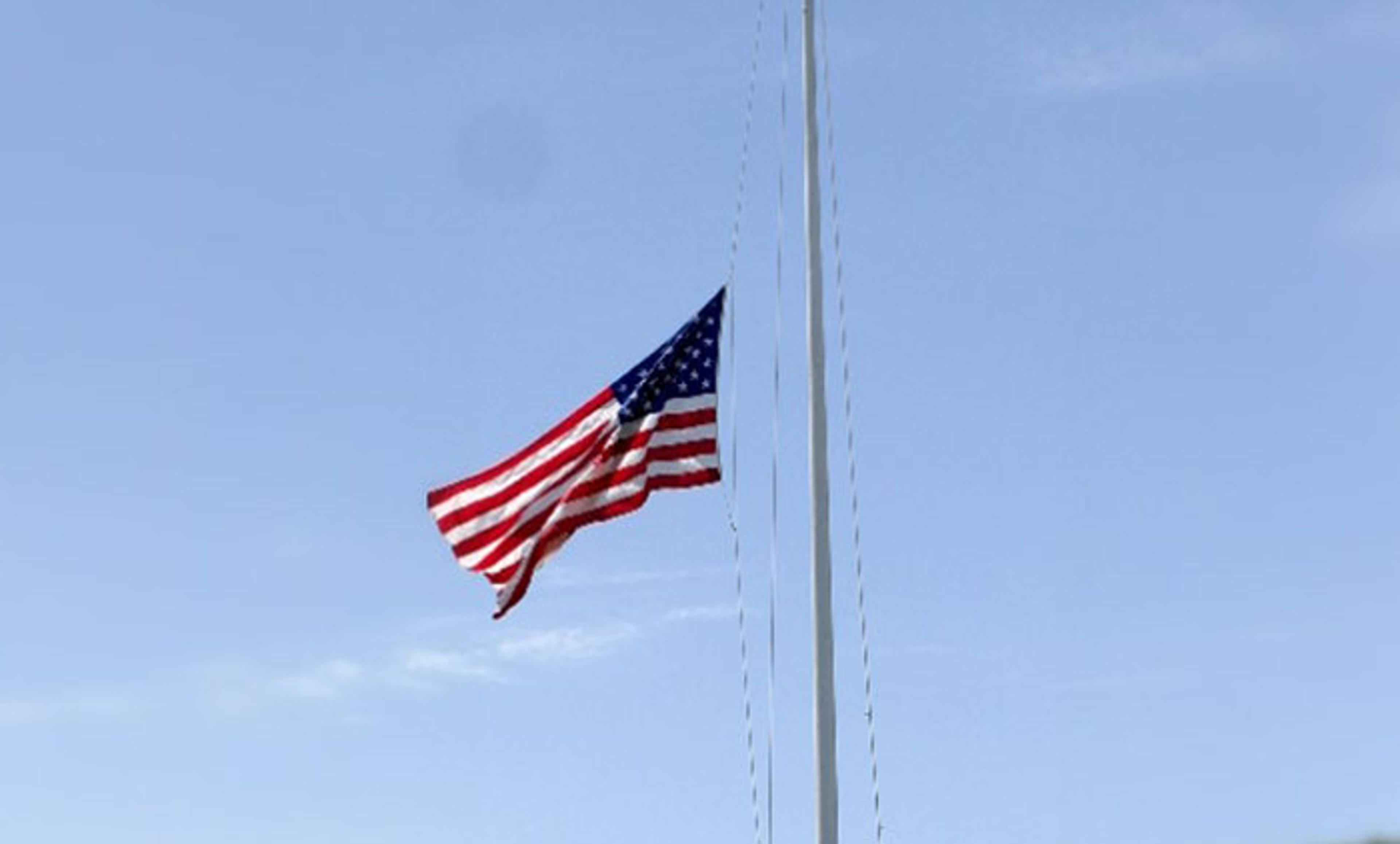
ideaNations and empires
These should be the end times for American patriotism
Sam Haselby
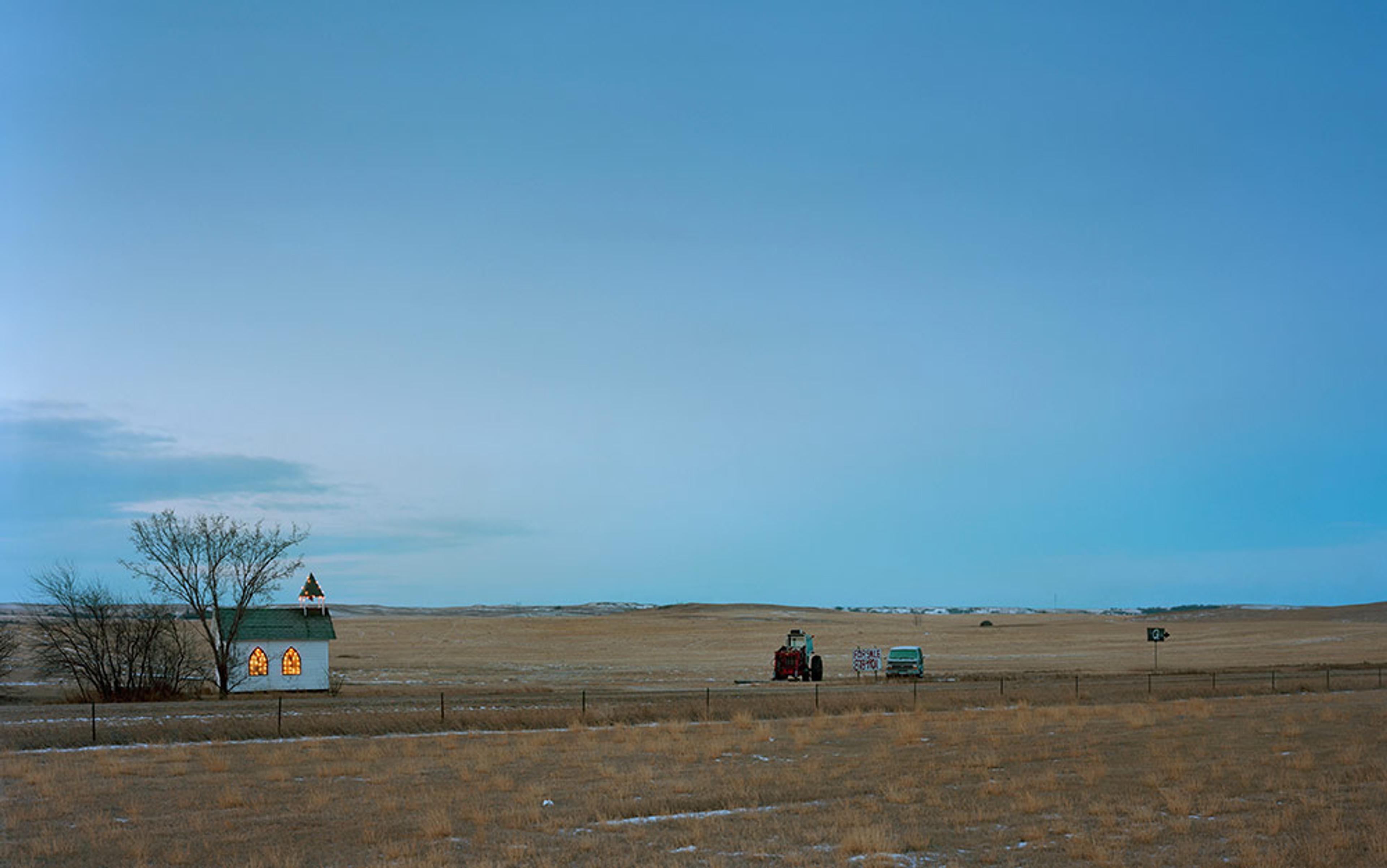
essayHistory
American secular
The founding moment of the United States brought a society newly freed from religion. What went wrong?
Sam Haselby
Edited by Sam Haselby

essayEconomics
Is inherited wealth bad?
Despite associations with the idle rich, the fact that inheritances are rising is a sign of a healthy, growing economy
Daniel Waldenström

essayGlobal history
A lesson in coexistence
The 17th-century town Cacheu was a hub of West African and European cultures, languages and beliefs (and run by women)
Toby Green

essayAnthropology
Dreams of the far Right
Young Europeans join far-Right movements less out of grievance than out of a profound yearning to believe and belong
Agnieszka Pasieka

essayPolitics and government
Our unfinished republics
Economic republicanism shows us how to achieve authentic freedom: citizens require economic as well as political power
Sean Irving

essayThinkers and theories
The tragedy of Trần Đức Thảo
How the persecuted Vietnamese philosopher became one of the first theorists of the divide between colonised and coloniser
Rory O’Sullivan

essayBiology
Desert survivors
Elephant families are matriarchal, inclusive and caring. But when environmental scarcity hits, everything changes
Caitlin O’Connell-Rodwell
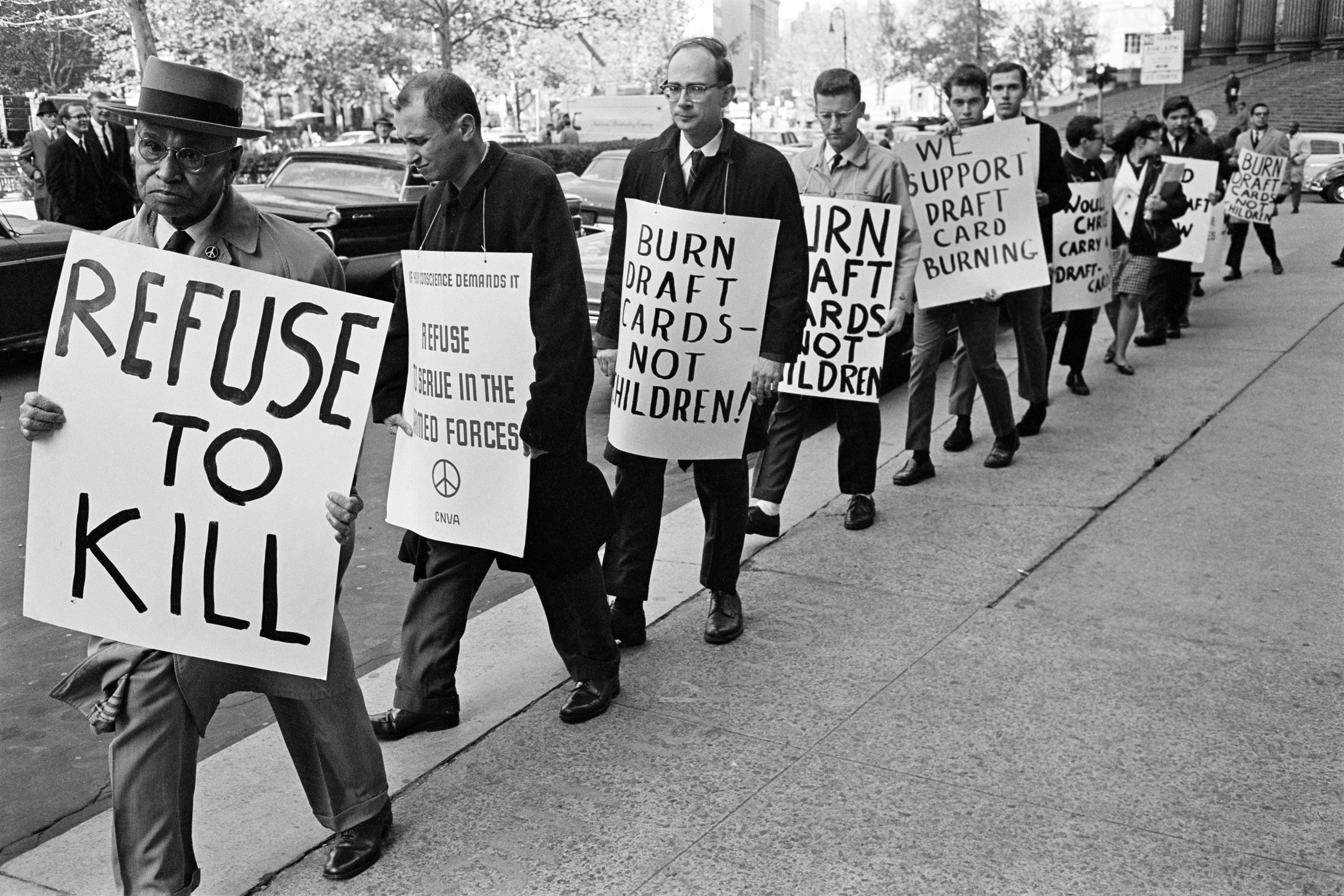
essayWar and peace
Not in our name
The gravest of all decisions, to go to war, happens without the consent of the people. This is a great flaw in democracy
Vincenza Falletti

essayGlobal history
The deepest South
Slavery in Latin America, on a huge scale, was different from that in the United States. Why don’t we know this history?
Ana Lucia Araujo
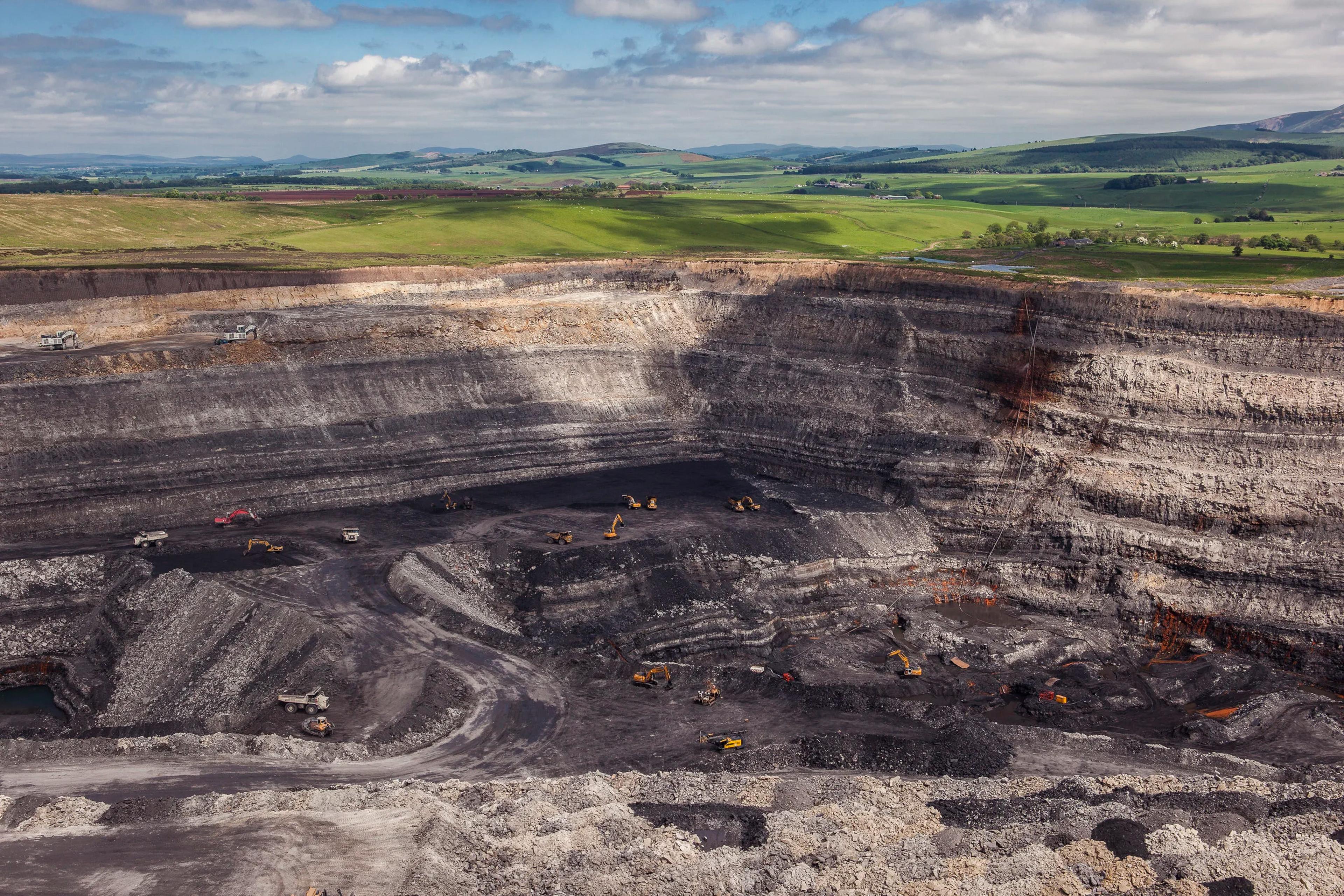
essayEnvironmental history
Are you Confusedocene?
As a scientific concept the Anthropocene is dead. But it’s such a helpful idea to think with, should we use it anyway?
Ville Lähde
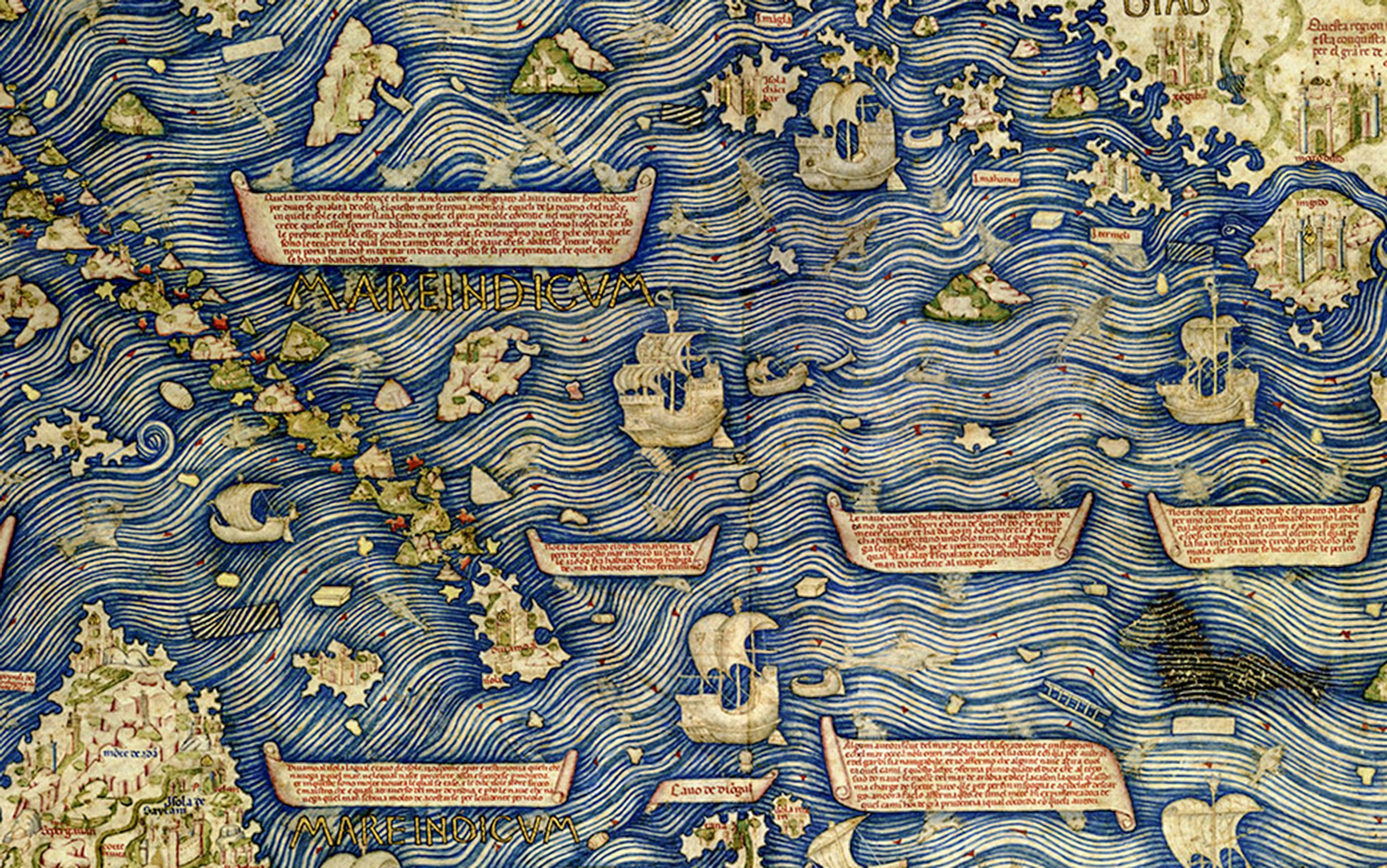
essayGlobal history
The world without hegemony
As Pax Americana ends, a multipolar order is emerging. The history of Southeast Asia holds lessons for what’s to come
Manjeet S Pardesi & Amitav Acharya

essayPolitics and government
Dreams of a Maoist India
India’s Maoist guerillas have just surrendered, after decades of waging war on the government from their forest bases
Rahul Pandita

essayArt
Art must act
Throughout decades of writing, Harold Rosenberg exhorted artists to resist cliché and conformity and instead take action
Blake Smith